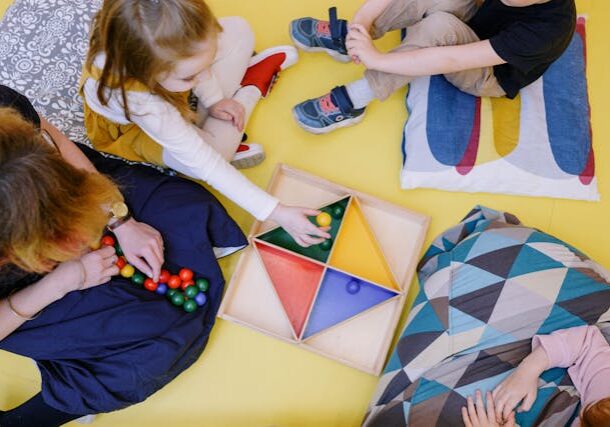Projects
Curriculum and Standards
The example projects below would always be tweaked to meet the bespoke needs of your school and staff. We know that one size does not fit all!
All our work is underpinned by the latest research available and models of best practice. These examples supplement our core offer of termly subject lead sessions where training is delivered and updates are shared.
Maths
Each CPD theme has been carefully planned and aligns with key messages from NCETM, Co-ordinating Mathematical Success (Ofsted Mathematics Subject Report) and EEF research related to teaching and learning in maths. This is in addition to our termly subject lead session where training and important updates are shared.

Planning for Practice in Maths
What does quality practice look like in maths? Are pupils thinking mathematically and noticing or are they ‘doing’ the maths? Considering the recommendations from the Ofsted Mathematics Review ‘Co-ordinating Mathematical Success’ around the ‘quality and quantity’ of practice, this session unpicks tasks and activities. Looking at how calculations are ordered, what stays the same and what changes and the questions that teachers should ask to draw attention to key concepts being taught.
Audience - KS1/KS2
Time - Approx 1 – 1.5 hrs

Promoting High-Quality Talk in Mathematics
Are you making the most of talk opportunities in maths lessons? Are teachers using a range of questions to support pupils to engage in mathematical thinking? It is important for children to learn the skills of building upon answers, challenging others and asking their own questions. Backed by EEF research this session includes observations of classroom practice, practical strategies and plenty of time for talk!
Audience – KS1/KS2/KS3
Time - Approx 1.5 hours

Mathematical Reasoning - For ALL
Are all children developing this skill? How can opportunities be planned in all lessons across each unit? Do staff have a repertoire of reasoning conventions that they thread through lessons enabling children think deeply, justify and question? This practical session allows participants to engage in opportunities to consider the effectiveness of a range of reasoning conventions and strategies to take back to their classrooms.
Audience - KS1/KS2/KS3
Time 1 – 1.5 hrs

The Problem with Problem Solving…..
Are your pupils learning and practicing and developing strategies to solve mathematical problems? Based on recommendation 3 of the EEF guidance report ‘Improving Mathematics in Key Stages 2 and 3’, this session aims to give teachers some key actions to improve their skills in problem solving.
Audience – Maths subject leads/KS2/KS3 teachers
Time – to suit the needs of the school

Building a Culture of Questioning
Supporting subject leads to evaluate and develop the strategies used in school to ensure all pupils are thinking and responding in maths lessons. This CPD builds on Rosenshine’s principles of instruction.
Audience – Maths subject leads/KS2/KS3 teachers
Time – to suit the needs of the school

Supporting struggling mathematicians
Aimed at supporting teaching assistants while working with pupils but this session can be sensitively tailored to suit any audience. This session explores strategies, approaches and games that support and develop number sense
Audience – teaching assistants
Time – 2 hours

Number Talks
Strategies to support pupils becoming truly fluent in terms of flexibility, accuracy, and efficiency.
Audience – KS1/KS2/KS3 teachers
Time – to suit the needs of the school

Worked Examples
Using worked examples in mathematics can be revolutionary in scaffolding and supporting mathematical thinking in guided practice. This training equips staff with the knowledge and understanding needed to make this happen in your school.
Audience – KS1/KS2/KS3 teachers
Time – to suit the needs of the school

Key mathematical subject knowledge
Aimed at supporting teaching assistants while working with pupils but this session can be sensitively tailored to suit any audience. Foci for the session: Number Sense/Additive Reasoning/Multiplicative Reasoning
Audience – teaching assistants
Time – 2 hours
